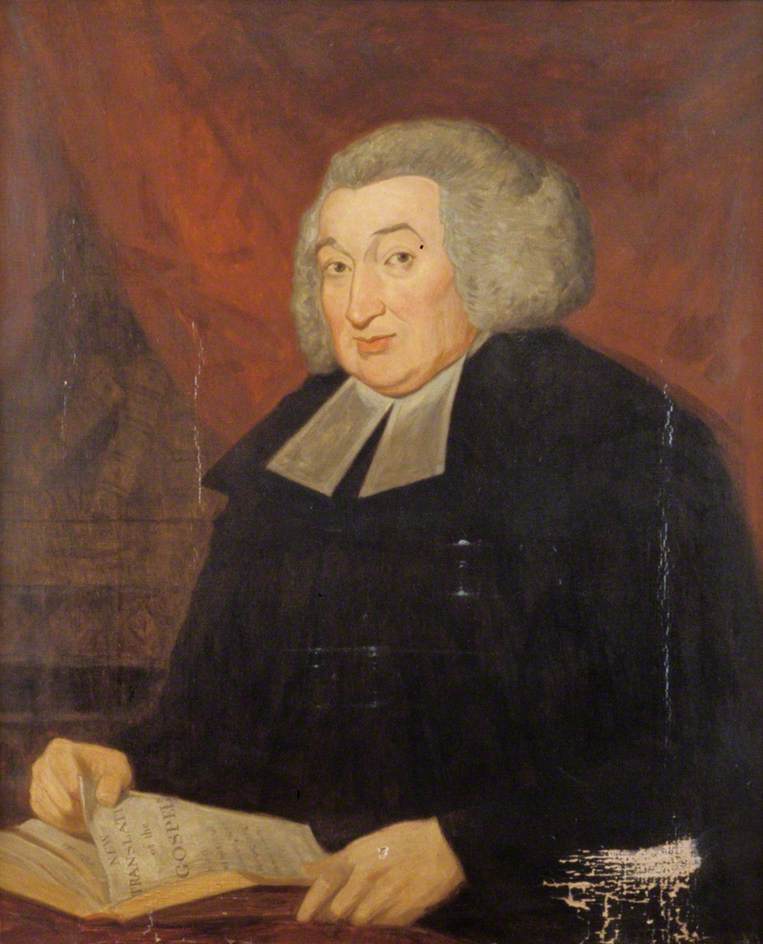You may observe, how warm this controversy, concerning the Gentile converts, was, in the primitive church; the Jews, obstinate in their prejudices; and the Apostle Paul, and such as joined with him, inflexible in defending the cause of truth and liberty. It seems the debate was carried, in some places, so high, as to become the cause of a breach in Christian communion. Now, considering the heats, which this matter occasioned, and the length, to which the dissension was carried, it is by no means probable, that the dissenting parties were in a plot to impose upon the world; or that a scheme, which, at the bottom, was mere imposture, could subsist and bear up against such animosities. Although some persons engaged in this controversy were very much heated, and had a most hearty dislike of their antagonists, still we do not meet with the least hint, that any of them gave up the whole of Christianity, or charge the patrons of, or advocates for it, as impostors. None of them divulged any such secret, as, that all, by which they had so much amused the world, was the artful contrivance of some wicked and designing men. But in all the fierceness of their contention, they agreed in the great articles of the Christian faith, that Jesus was the son of God, that he was the promised Messiah, and that he was risen from the dead. If indeed these contentions had happened long after Christianity had got footing, and prevailed in the world, this argument, taken from them, would have been but of very small force; but we find jarring and disagreement in the very opening of the scene. This doth not at all look like intrigue and stratagem.
James Duchal, Presumptive Arguments for the Truth and Divine Authority of the Christian Religion (London: A. Millar, 1753), pp. 363-64


